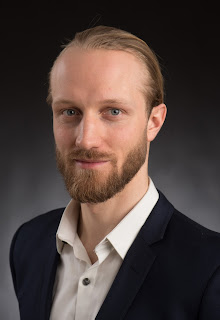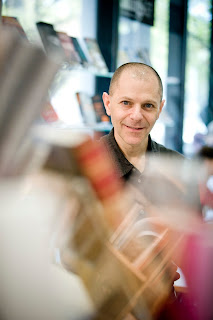The Fake News Effect in Biomedicine

By Robert T. Thibault Robert Thibault is interested in expediting scientific discoveries through efficient research practices. Throughout his PhD in the Integrated Program in Neuroscience at McGill University, he has established himself as a leading critical voice in the field of neurofeedback and published on the topic in Lancet Psychiatry, Brain, American Psychologist, and NeuroImage among other journals. He is currently finalizing an edited volume with Dr. Amir Raz, tentatively entitled “Casting light on the Dark Side of Brain Imaging,” slated for release through Academic Press in early 2019. We all hate being deceived. That feeling when we realize the “health specialist” who took our money was nothing more than a smooth-talking quack. When that politician we voted for never really planned to implement their platform. Or when that caller who took our bank information turned out to be a fraud. These deceptions share a common theme—the deceiver is easy to identify and even ...
